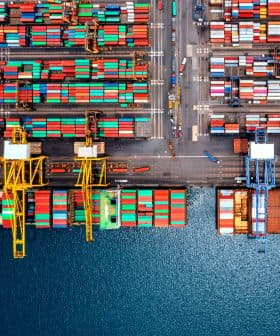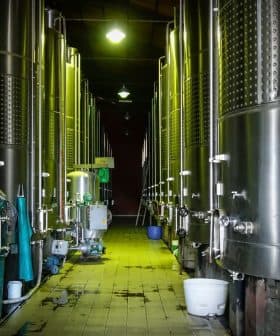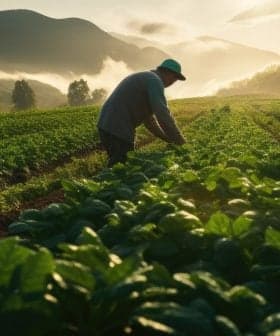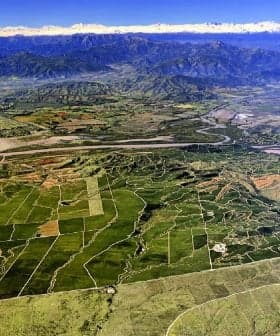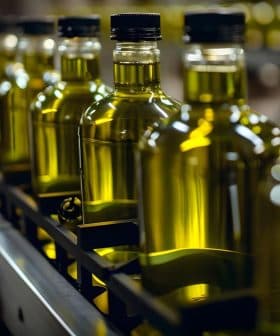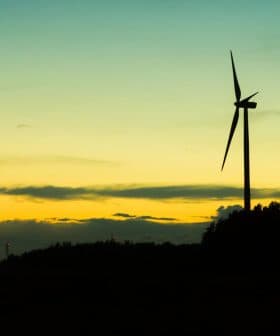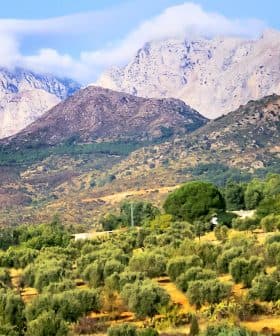Brussels Approves Plan to Use Treated Wastewater for Irrigation
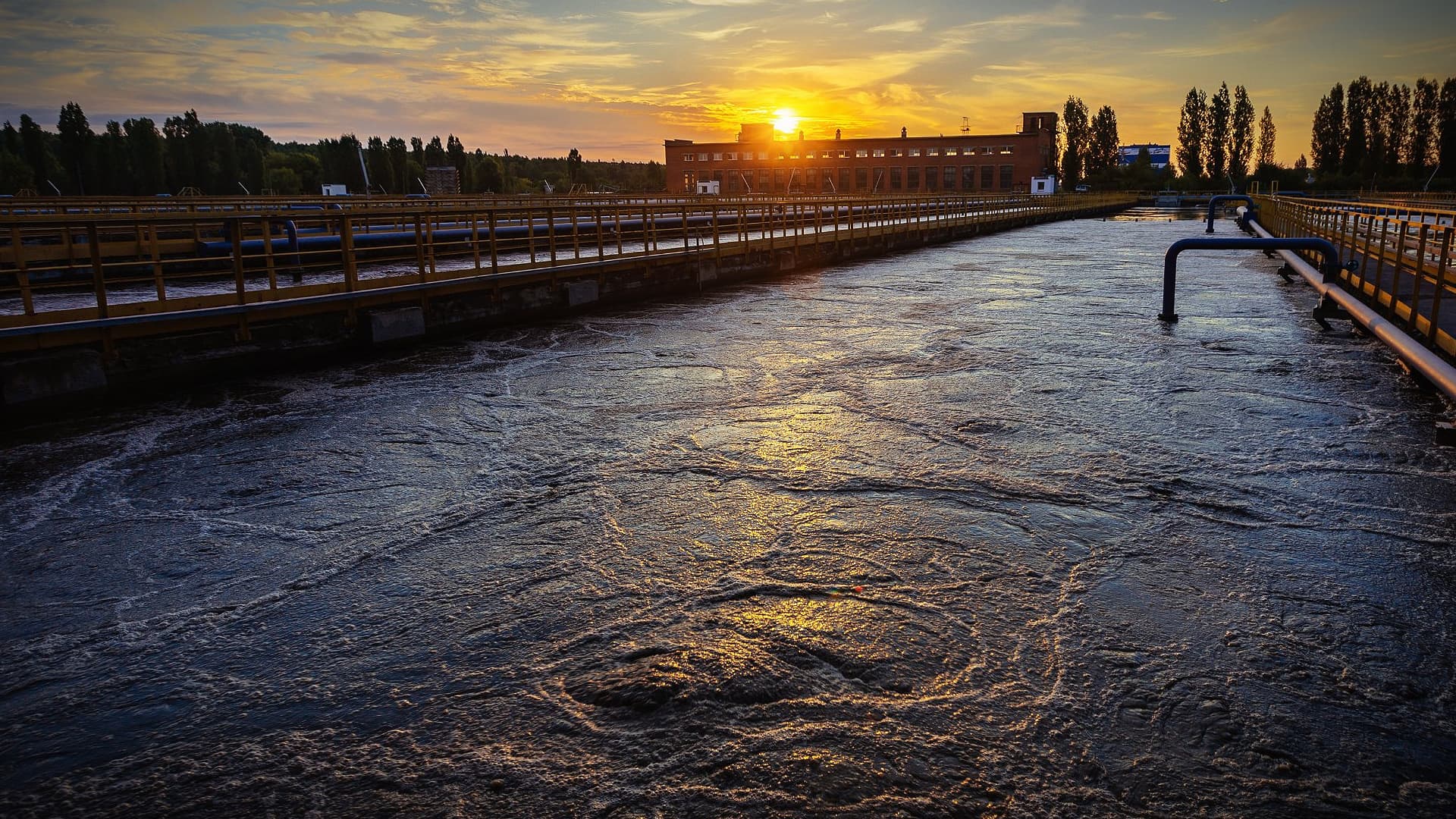
The European Commission is addressing severe drought affecting farmers and crop yields across the continent by publishing guidelines for the widespread use of treated urban wastewater in agriculture, impacting countries beyond southern Europe. The guidelines include minimum monitoring requirements, risk management rules, and suggested interventions for crops, aiming to improve water management, increase efficiency, and reduce the environmental footprint of food systems in the E.U.
The European Commission is stepping up measures to cope with the severe drought, which is concerning farmers and reducing crop yields across the continent.
Reduced volumes of available water for irrigation are significantly affecting staple crops, including olives, in countries such as Italy, Portugal and Spain.
Today’s guidelines can help us… secure the safe circulation, across the E.U., of food products grown with reclaimed water.”
However, the effects of the drought on agriculture have spread well beyond the confines of southern Europe. It also has impacted France, Germany, Poland, Hungary, the Czech Republic and Slovakia.
As a result, Brussels has published new guidelines paving the way for the widespread use of treated urban wastewater in agriculture.
See Also:Flash Droughts Are Happening More Quickly and Lasting LongerThe guidelines build on already agreed upon measures that should have come into force soon, such as the water reuse regulation, which sets “uniform minimum water quality requirements for the safe reuse of treated urban wastewater in agricultural irrigation.”
Besides asking member countries to push water management to the top of their agendas, the guidelines also set out minimum monitoring requirements, risk management rules to assess possible health and environmental hazards and rules for project and funding transparency.
The document also includes suggested interventions for several crops and validation monitoring protocols. For example, the guidelines recommend that table olive producers only use advanced drip irrigation techniques.
While being heralded as part of an ongoing European water management strategy, the new guidelines are meant to bring relief at a very challenging moment.
According to the European Drought Monitor, the continent’s “severe” drought continues to expand and become worse. The group added that competition for water was beginning earlier than usual, and reduced crop yields are expected.
“Freshwater resources are scarce and increasingly under pressure,” said Virginijus Sinkevičius, the E.U.’s environment, fisheries and oceans commissioner.
“In times of unprecedented temperature peaks, we need to stop wasting water and use this resource more efficiently to adapt to the changing climate and ensure the security and sustainability of our agricultural supply,” he added. “Today’s guidelines can help us do just that and secure the safe circulation, across the E.U., of food products grown with reclaimed water.”
During its introduction of the guidelines, the commission said uniform minimum requirements would boost consumer confidence and ensure the single marker for agricultural produce functioned properly.
The commission added that the use of treated wastewater would contribute to the E.U. goal of reducing food systems’ environmental footprint and increasing the resilience of the continent’s farmers.


